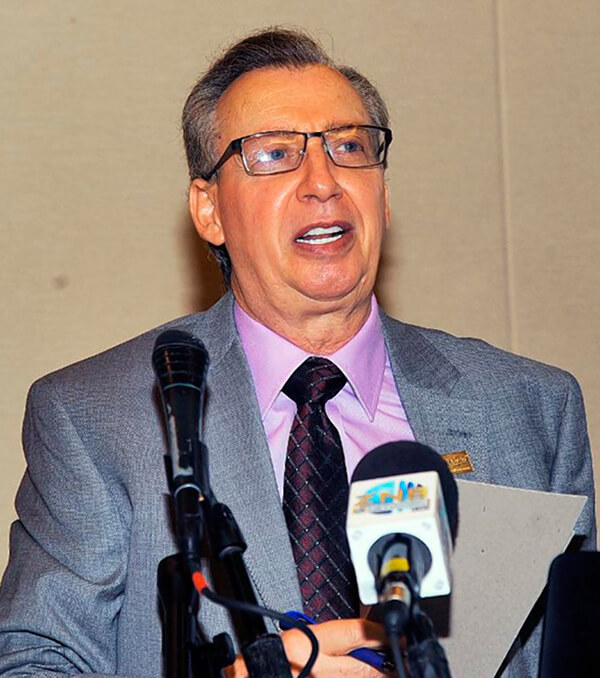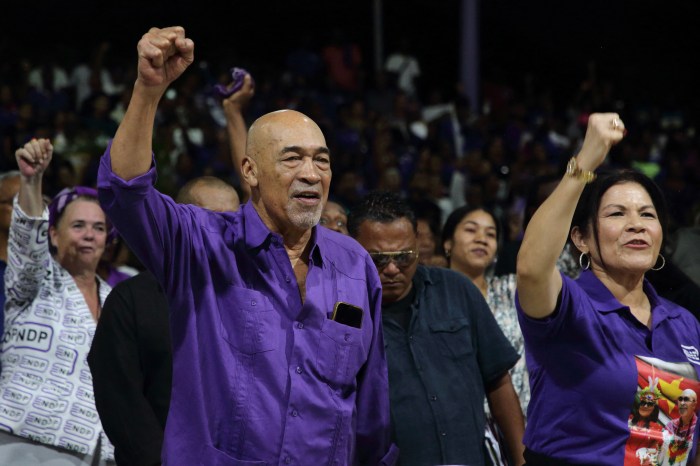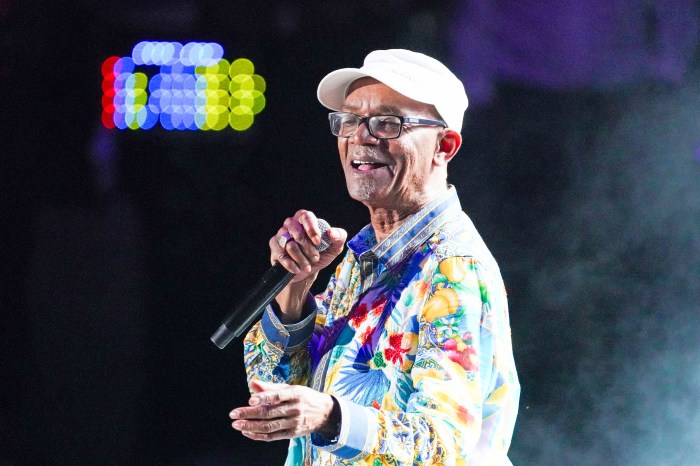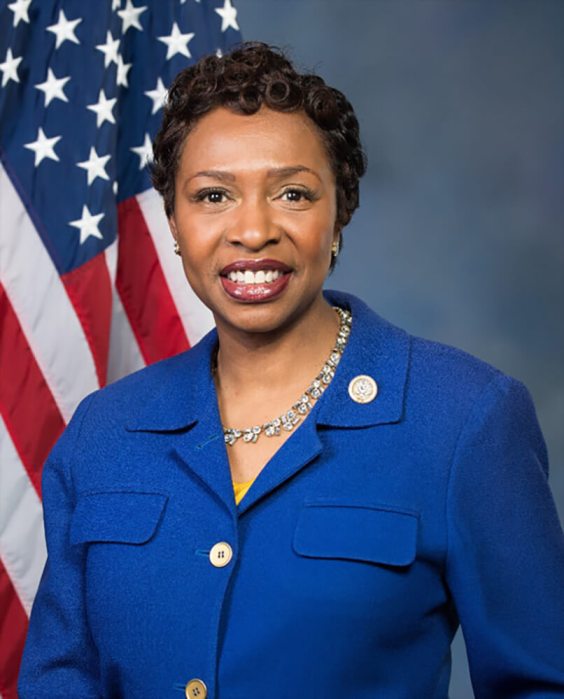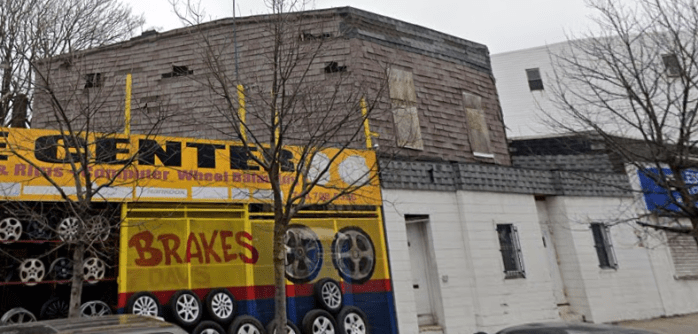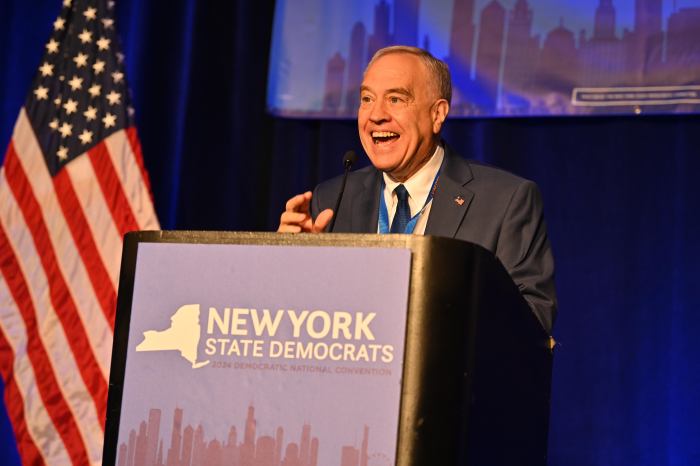Caribbean hoteliers are predicting positive tourism performance for the Caribbean in 2017.
In announcing the results of the second annual Caribbean Hotel and Tourism Association (CHTA) Industry Performance and Outlook Study in the Bahamas, Frank Comito, director general and chief executive officer of the private sector association, said that “more than four out of five (81 percent) hoteliers have an encouraging outlook for tourism in 2017.”
Comito said that the survey, conducted by CHTA, was undertaken “to assist the organization in gaining a better understanding of the state of the tourism economy, its outlook and the degree to which a number of factors impact or may affect the tourism industry.”
The survey, administered during the first two weeks of this year, polled a representative sampling of hotels throughout the Caribbean of varying sizes and categories, and looked at their 2016 performance and 2017 expectations for factors in areas such as employment levels, revenue, profits, capital spending, room occupancy, and rates, each forming the basis for assessing the state of the tourism economy.
In 2016, hoteliers reported an even split on revenue performance, with 47 percent recording an increase and a similar percentage reporting a decrease.
While expectations for the year were higher initially, last year’s mixed performance came after an exceptional year for Caribbean tourism in 2015, CHTA said.
“Hoteliers entered 2016 with high performance expectations, but these were tempered as a combination of unanticipated factors surfaced during the year,” Comito said.
These events included a warmer than usual winter in the region’s primary feeder markets, Canadian and UK exchange rates, Brexit, the threat of Zika, and political and economic certainty in parts of the world, according to the survey respondents.
Despite this, the profitability picture improved over the previous year, with most hotels registering a net profit in 2016, the survey said.
Seventy-eight percent of respondents reported a net profit, while 22 percent reported a net loss.
Looking ahead, in 2017 more than two-thirds (67 percent) anticipate an increase in revenue, and 56 percent expect a slight improvement in profits, according to the survey.
Comito said it was encouraging that about 55 percent of hotels also increased capital expenditures in 2016, with a quarter of those investing more than 10 percent over what they did in 2015.
“This is a positive sign and an indication of long-term confidence by Caribbean hoteliers in the industry,” he said.
Although room occupancy decreased for just more than half (51 percent) of the reporting hotels, a notable proportion (29 percent) reported an increase in occupancy, according to the survey.
It found that more hoteliers are optimistic for 2017, with two-thirds expecting an increase in occupancy.
This year, about 55 percent of hoteliers expect to increase average daily room rates (ADR), while only 15 percent expect downward pressure on rates, according to the survey.
Employment levels were maintained by 55 percent of survey respondents in 2016, while only 17 percent reduced staffing levels and a sizable proportion (28 percent) hired more staff.
This pattern is anticipated to continue in 2017, the CHTA said.
Despite the mixed results in 2016, it said hoteliers appear to be generally optimistic about the year ahead.


